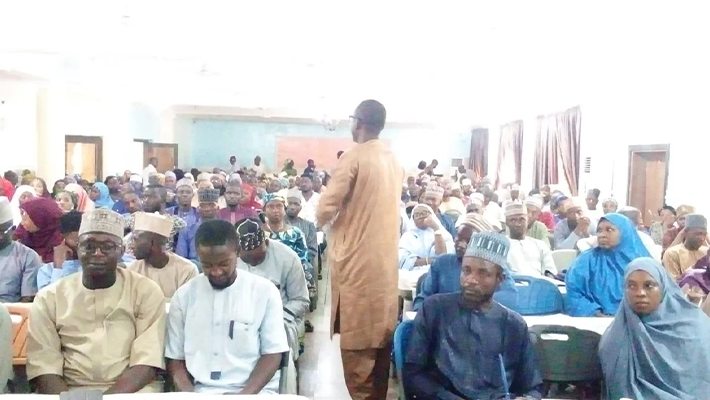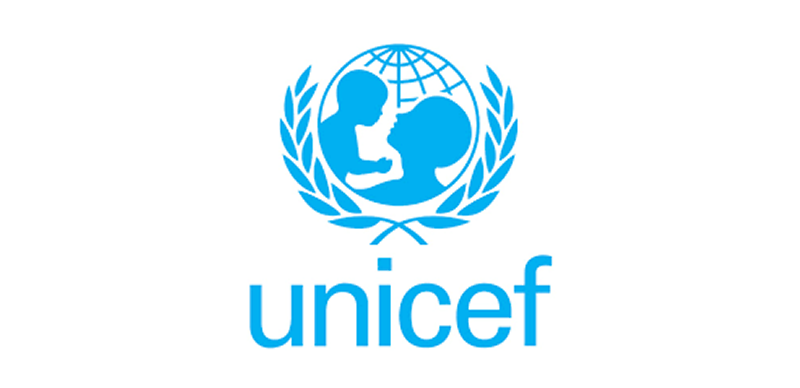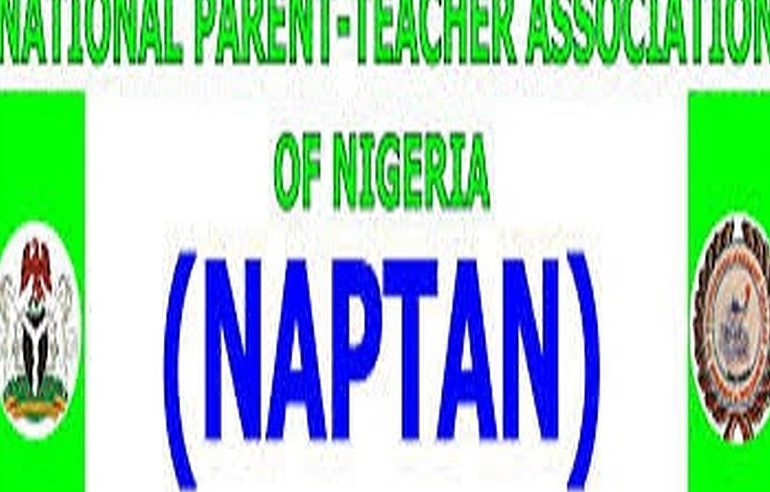Kaduna SUBEB trains 321 teachers on Reading, Numeracy teaching methodology


KADUNA (Sundiata Post) – The Kaduna State Universal Basic Education Board (KADSUBEB), on Tuesday trained no fewer than 321 teachers on the Reading and Numeracy Activities (RANA) teaching methodology. RANA is a three-year project funded by DFID through UNICEF as part of the Girls Education Program Phase 3 (GEP3). It is aimed at improving literacy and numeracy instruction in grades one to three in both public schools and Integrated Quranic Schools, with the ultimate goal of increasing literacy outcomes for learners, especially girls. To achieve these goals, RANA has developed Hausa-language teaching and learning materials, built teacher capacity, mobilised communities, and engaged local governments to improve early grade reading policies. reports that the three-day refresher training, which is phase three of the RANA programme, supported by the World Bank, was under the Better Education Service Delivery for All (BESDA) programme. Speaking to newsmen at the opening of the training, the Head, Education Management Information System of KADSUBEB, Mrs Josephine Michael, said the trainees would step down the training to teachers in the state government’s schools. She added that the teachers would equally step down the training to their pupils in Hausa language which is the immediate language of the pupils environment. Michael, who doubles as the Desk Officer of BESDA in KADSUBEB, stressed that the Kaduna State Government envisaged pupils in the state to be able to at most in primary three identify letters, sounds and be able to read simple sentences. She also said they wanted to ensure the children were able to do simple addition and comprehend little stories at primary three, so they could do better in upper classes in terms of writing letters and do much comprehension at their level. Speaking further, Michael said the programme, which was introduced in 2019 had improved the children learning capacity. “Because they are leaning in play, songs, actions and in the language they understood better, there is much improvement in learning outcome. “The methodology is child-centred, it makes the children more involved,” she said. One of the trainees, Malam Shehu Bashari from Zaria LGA, said the RANA programme had capacitated him to a higher level. According to Badnarik, the first time I received such training, I thought it was a joke until when I saw how it made our learners learn very fast. “I discovered that before the advent of the programme, learners from primary one to three were unable to read simple sentences talk less of knowing all the alphabets,” he said. Also, Rahab Benjamin from Kaura LGA, said she had a niece who could not read in spite of many efforts. Benjamin however, said when she was trained on the first phase of the RANA programme, she settled down and taught her niece in ways and manners which she quickly understood. “I have benefited from the programme even in my house hold,”she said. that the participants, who cut across teachers from the State’s 23 LGAs, were RANA mentors, coaches and master trainers for primary one to three.(NAN)









